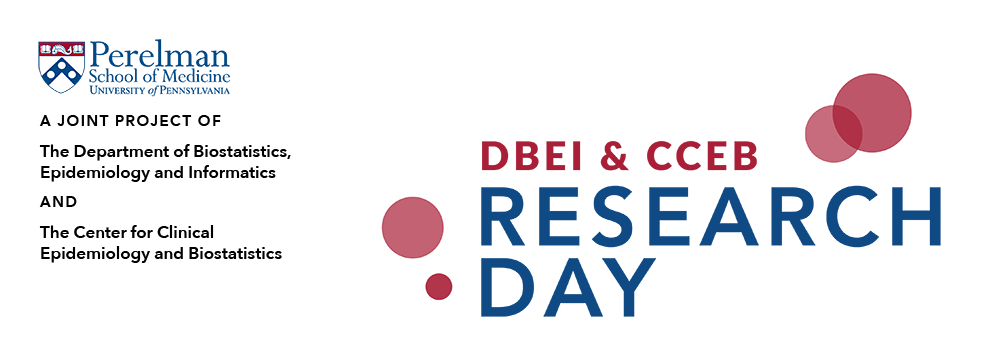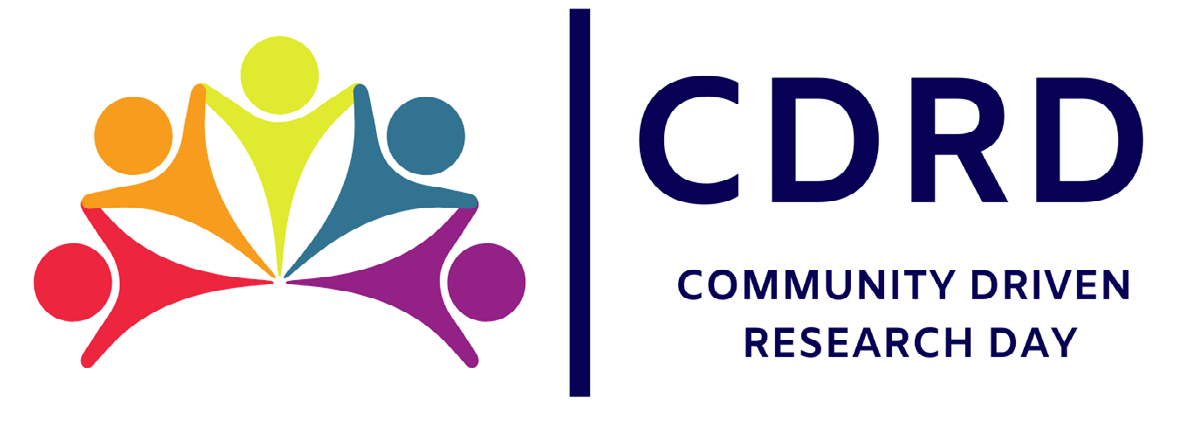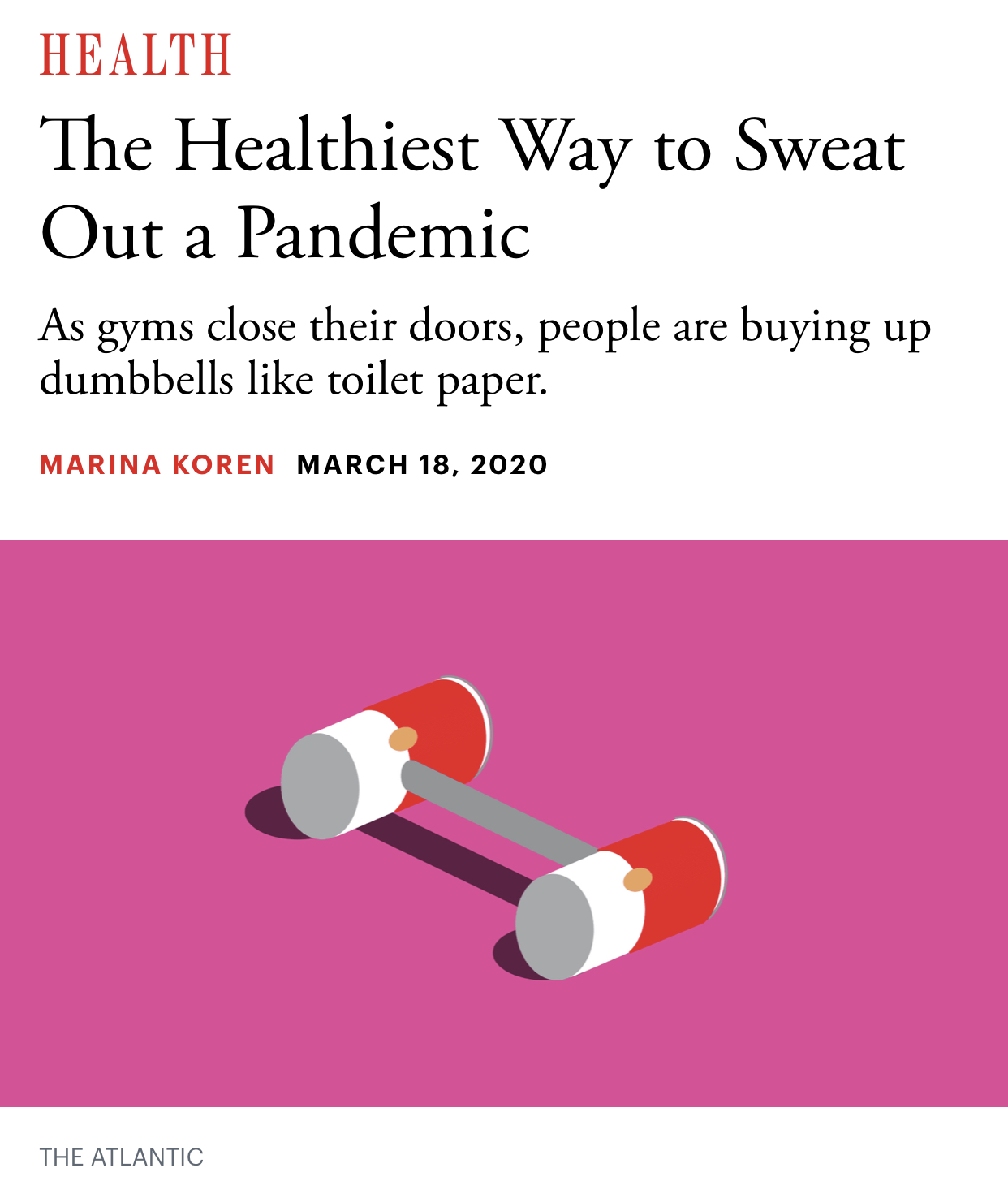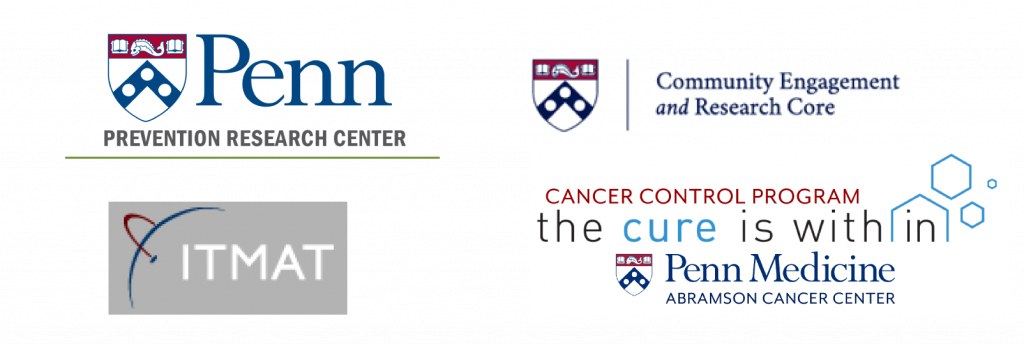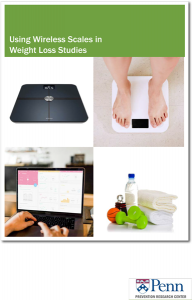Assessing and Addressing Nutrition and Health in our Communities

Learn more and register for this 3-day workshop addressing food insecurity, neighborhood food environment, and nutrition health disparities.
Karen Glanz, PhD, MPH is among the organizers and will be participating in this important event. The goal is to review the state of the science, identify research gaps and opportunities related to food insecurity and the neighborhood food environment, and suggest innovative research strategies that will inform policy and practice to address and prevent diet-related health disparities and promote health equity.
The virtual event is hosted by the National Institutes of Health, admission is free, and it is open to the public.


